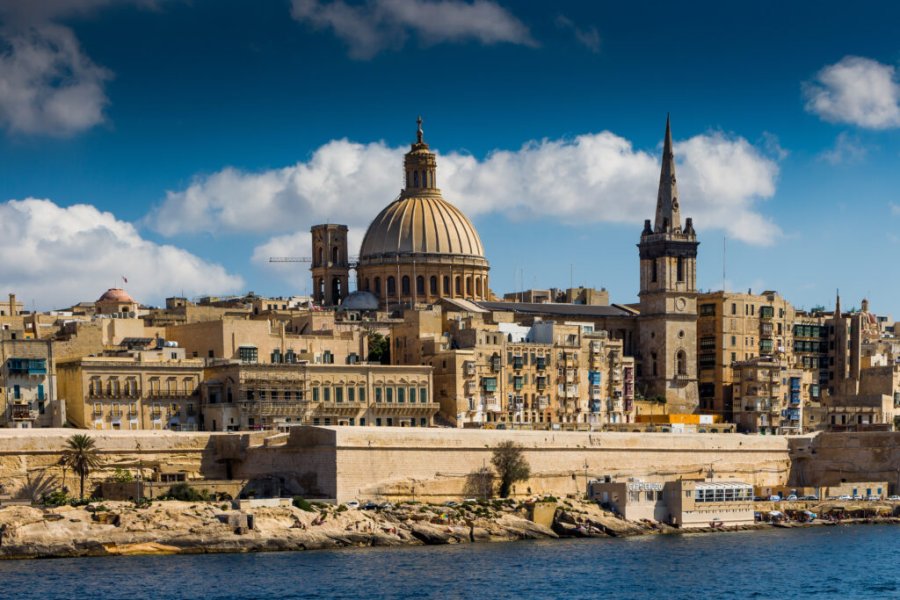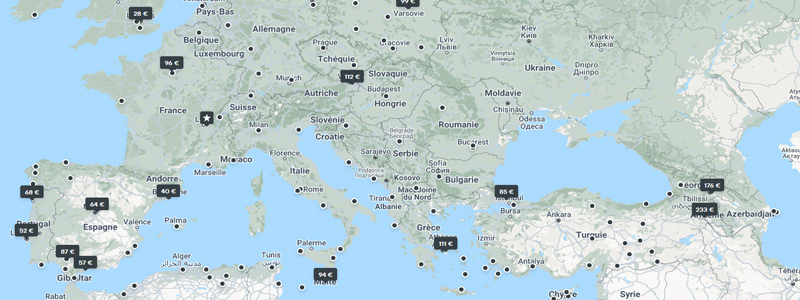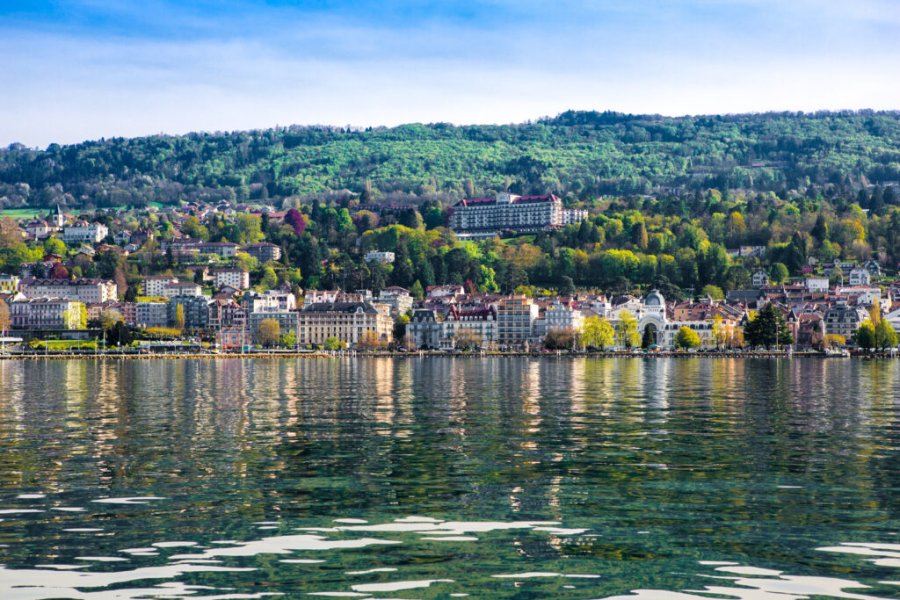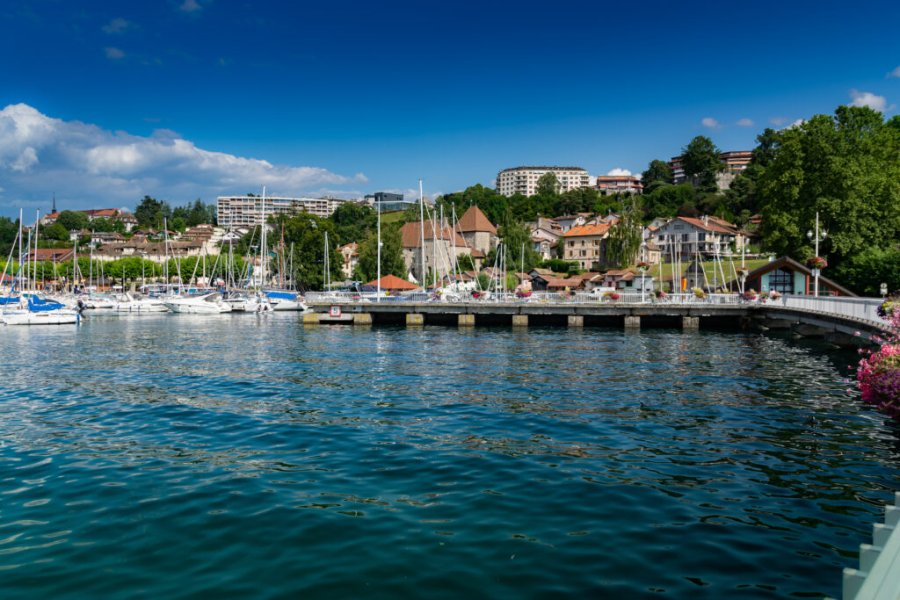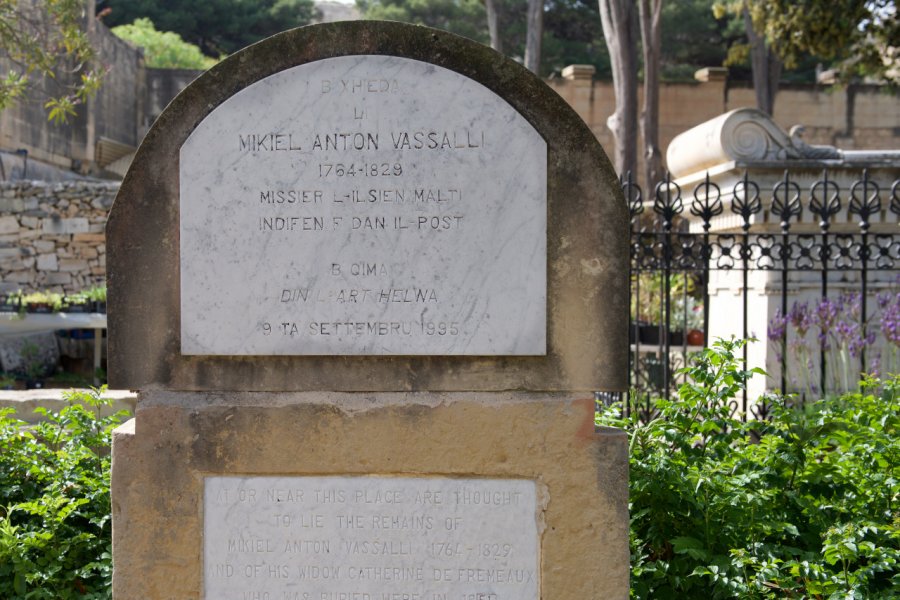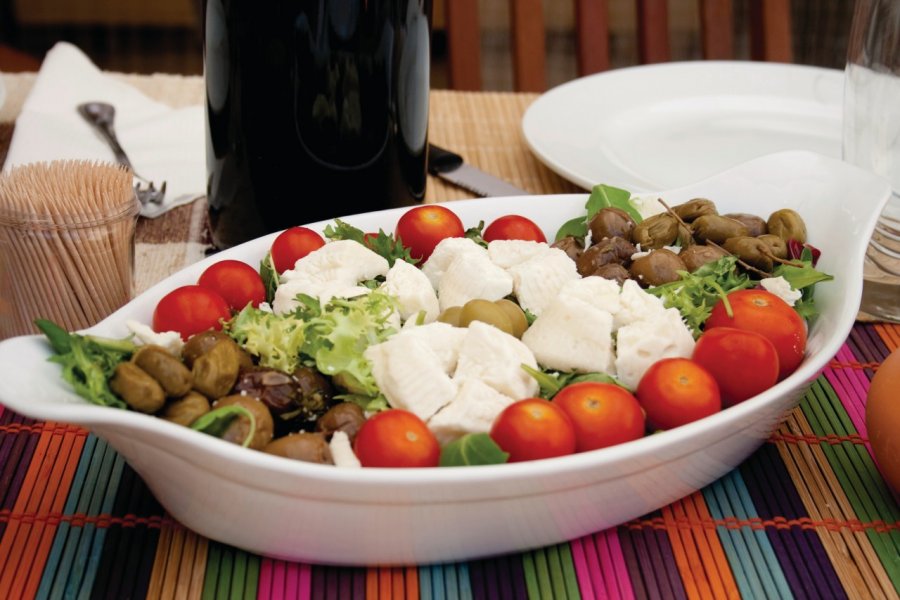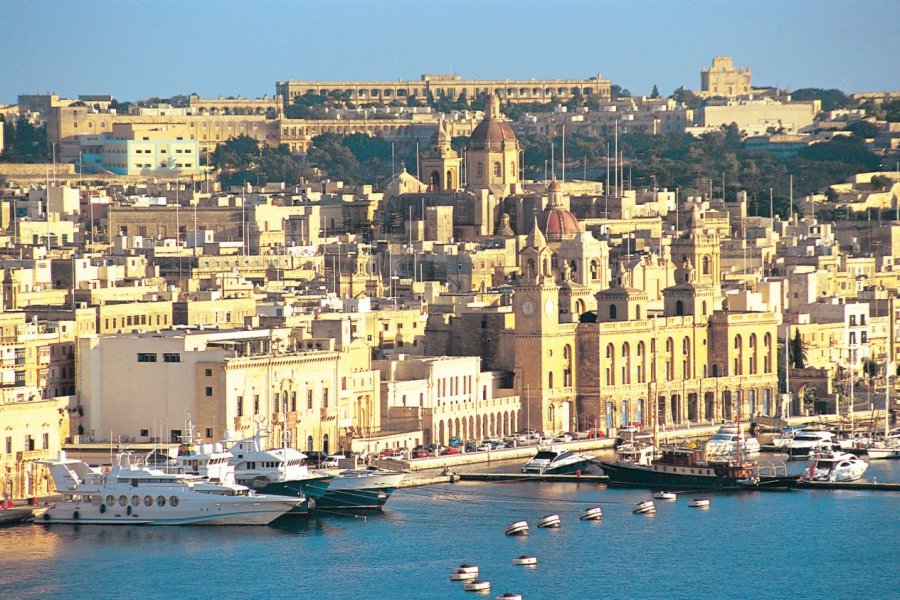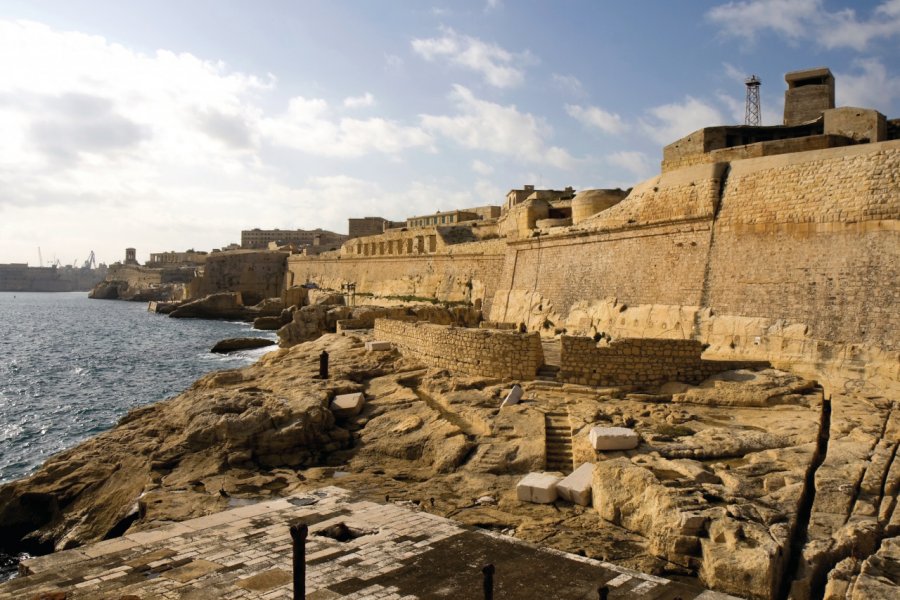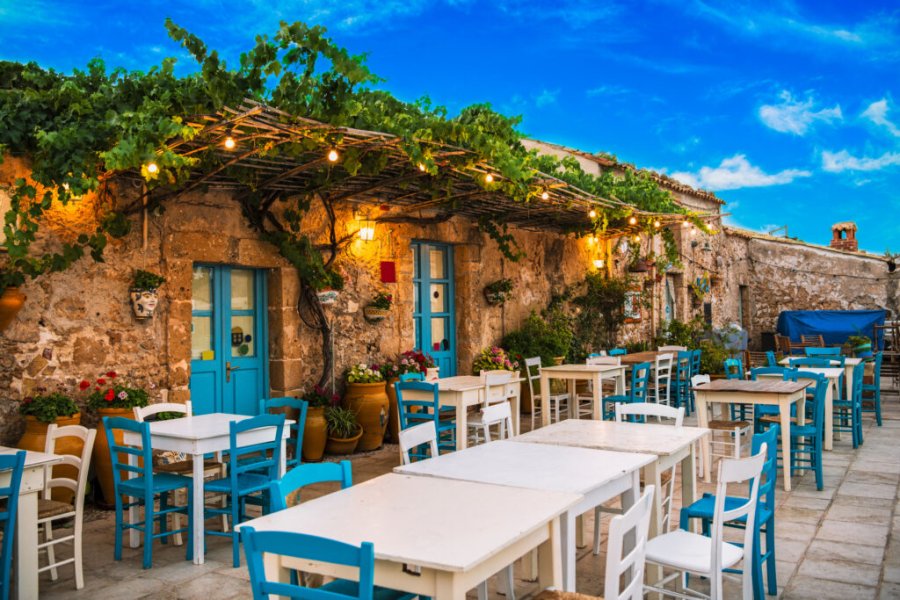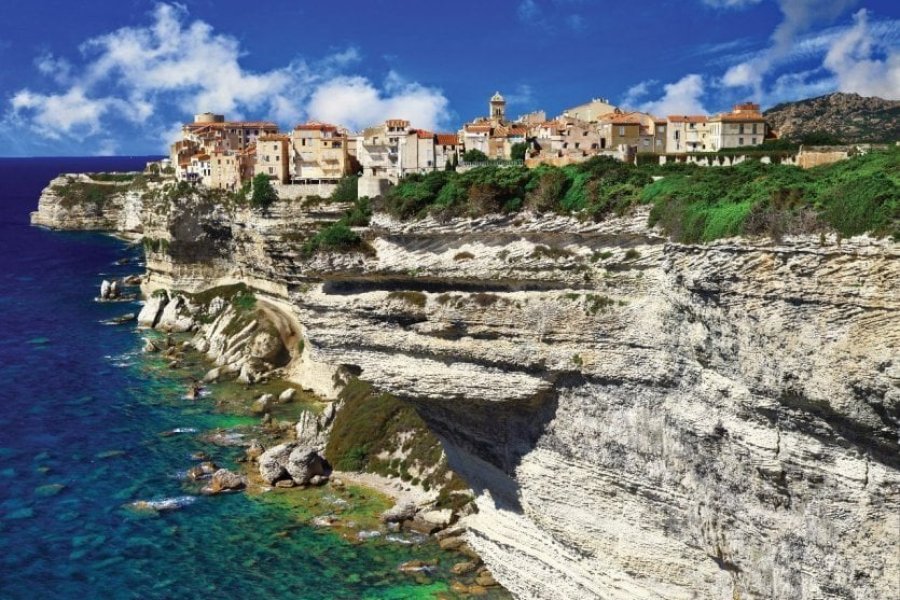Travel Guide Valette
European Capital of Culture 2018, Valletta, the smallest capital in Europe with a population of just under 7,000, is also the commercial heart of Malta. Its name comes from Jean Parisot de la Valette, a French knight of the Order of Malta who initiated the construction of the city's fortifications. It is this ancient charm as well as the Renaissance splendors of the old town - which the Maltese call Il-Belt, "The City" - that earned it a Unesco World Heritage Site listing in 1980. The Valletta Tourist Guide will take you, carried by the gentle Mediterranean wind, through the corridors of this legendary city where the traces of a glorious past left by Phoenicians, Greeks, Carthaginians, Romans, Byzantines, Arabs but also French and English can be read everywhere. From the gardens of Upper Barraca overlooking the Grand Port, we contemplate the ballet of tourists and locals themselves watching the comings and goings of the boats. At nightfall, when the temperatures are more pleasant, we will go and eat some Maltese specialties before heading to Republic Street, the Mecca of the party that never seems to stop: Merħba lejn Malta! Welcome to Malta!
Suggested addresses Valette
When to go to Valette?
When to go to Valletta ? All year round! The climate is Mediterranean, which means mild in winter and hot and dry in summer. However, the sea breezes and the city's narrow streets make the heat sometimes a little more bearable. In general, there is very little disappointment with its climate and it can be ideal for most people, of any age, which makes it its greatest asset. The high season is from July to mid-September. During this month, hotel and restaurant prices double compared to winter prices. The low season runs from April to June and from the end of September to the end of November. If you want to avoid the summer tourist crowds, this is the perfect season! Prices are much lower and temperatures are still mild (about 20 degrees on average). You can even go swimming, if you visit Malta between May and October. When to go to Valletta? Ideally in May-June or from mid-September to late October.
Weather at the moment
Since 2008, the euro is the currency used in Valletta and Malta. Life is not particularly cheap, but prices are lower than in France, about 20% cheaper. Hotel nights, restaurant meals and common goods are a little cheaper, while public transportation is cheap. For interesting accommodation prices, think about booking in advance!
Citizens of France or of European Union member states only need a valid identity card or passport for a tourist stay in Valletta and Malta. The formalities are the same for Swiss visitors. Canadians must present a valid passport. No visa is required to visit Valletta.
People of other nationalities can find information on the documents they need to provide on the website of the Maltese Ministry of Foreign Affairs (www.foreign.gov.mt).
No vaccine is required to travel to Valletta. Malta is an island without dangerous fish or poisonous animals. Tap water is drinkable in Valletta, but we really advise against it because it is so chlorinated that it is undrinkable. Therefore, it is better to have a special budget for mineral water, which is available everywhere. Generally speaking, the hygiene in the city is irreproachable. You will also meet in some places the inevitable mosquitoes and small aggressive flies, but nothing too bad.
Practical information
- When to travel?
- Weather forecast
- Budget
- Formalities
- Health
- How to travel by yourself?
- How to get organized?
- Getting around
Media
How to go to Valette? Our advice & tips
Valletta is perfect for those who want to relax: beaches and coves bordered by the turquoise waters of the Mediterranean, sunshine and mild temperatures almost all year round, and low-cost airfare. Thus, half-board or full-board stays are offered by many specialists. Valletta is also a very popular destination for language stays for children, teenagers or adults, accommodated in university residences, in apartments (shared flats) or in total immersion with a teacher or a family. Many specialists offer stays to prepare for English exams and to perfect the language, as the setting is so pleasant to combine vacations, entertainment and language learning.
Discover our selection of travel agencies for this destinationIt all depends on the season, but generally speaking, from Europe, air tickets to Valletta are quite cheap, especially if you choose a low-cost airline. If you are planning to go to Malta next summer, you will find very affordable tickets or even discounted tickets if you plan ahead. Anticipation also means savings in terms of accommodation.
To get around the old center of Valletta, nothing beats walking. However, if you wish to use transportation (bus, car or scooter rental) to reach the outlying parts of the city or even the island, be aware that traffic is very dense and should not be underestimated: traffic jams can last forever around Valletta when leaving the office (around 2pm...). On the whole, cab fares are rather cheap, thanks to the low price of gasoline.
